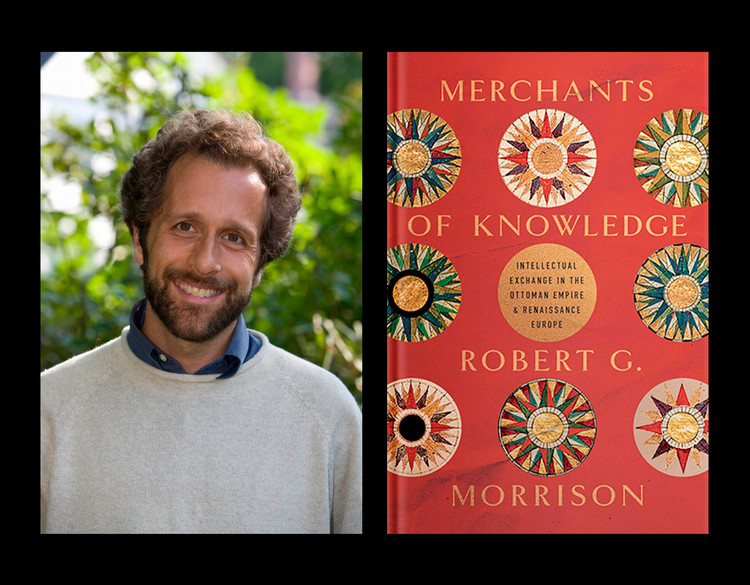Depolarization and the Art of Loving Your Enemy
By Tom PorterBehavioral economist Daniel Stone reflects on the latest book by social scientist Arthur Brooks, who was earlier this year appointed as Bowdoin’s first Joseph McKeen Visiting Fellow. His work, Love Your Enemies, is described as a “DIY depolarization manual of sorts.”

Writing in the Scientific American blog, Associate Professor of Economics Stone says he agrees with Brooks in regarding polarization as a “fundamental problem, as it prevents us from addressing many (most?) other problems, and it’s been a focus of my research.” A key argument made by Brooks is that “views might be [worthy of contempt], but no person is,” a sentiment shared by Stone.
The Bowdoin scholar is not in complete agreement with Brooks, however. He takes issue (respectfully of course!) with what Brooks calls “the competition of ideas.” Stone favors being a “truth-seeker” rather than an advocate for a particular idea, both to signal “good faith” to those who disagree, and to cool off one’s own temper. “Brooks neglects the psychology and behavioral economics literatures on overconfidence and motivated reasoning supporting such ‘intellectual humility,’” he writes.
Another shortcoming of Love Your Enemies, Stone notes, “is that its suggestions aren’t likely to reach those who most need to hear them… it is much more likely to be read by those who least benefit from its message.”
Such criticism, though, does not diminish the importance of the book, which Stone said he found very well written and well researched. “Its strengths far outweigh any weaknesses,” he concludes. “I do hope it’s read widely—especially by politicians, political activists, and others who are likely least interested. (Who wants to start the US Congress book club?)”





